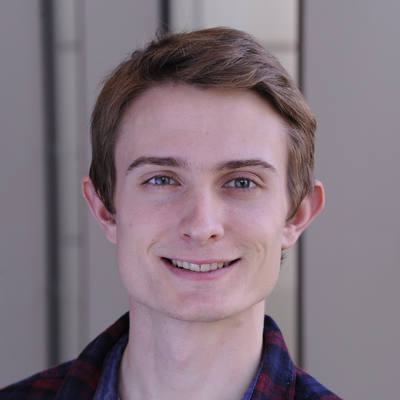
Dr Theo Sanderson
Postdoctoral Fellow
Alumni
This person is a member of Sanger Institute Alumni.
Plasmodium berghei
As part of the PlasmoGEM team I build the systems that assign knock-out phenotypes to genes based on barcode-sequencing data. We have now assigned blood-stage phenotypes to 2,578 P. berghei genes, and I am developing new approaches to understand the sexual stages of the lifecycle and the journey of the parasite through the mosquito and into the liver of the next human host.
Plasmodium knowlesi
P. knowlesi is a zoonotic parasite which infects humans in South East Asia. It is also a valuable model which is more genetically tractable than P. falciparum and allows culture in human erythrocytes. I was involved in the discovery that this species is made up of two sympatric groups with highly dimorphic genomes (it has since been shown that these represent species adapted to two different monkey hosts). I have brought human-adapted P. knowlesi into the PlasmoGEM programme by developing new vectors and optimising transfection approaches. We are now using this system to study the localisation of putative invasion genes at scale.
Plasmodium falciparum
During my PhD I felt that there was a need for a database to record the hundreds of gene disruption attempts scattered across the literature. PhenoPlasm is the result, with curated data for 369 P. falciparum genes, as well as data for other species derived from a variety of sources. I hope that this will be a valuable resource for the P. falciparum community.
I have also recently built an open-source system that allows automation of Plasmodium culture: PlasmoTron. I hope that this system will unlock new approaches to genetic discover at scale.